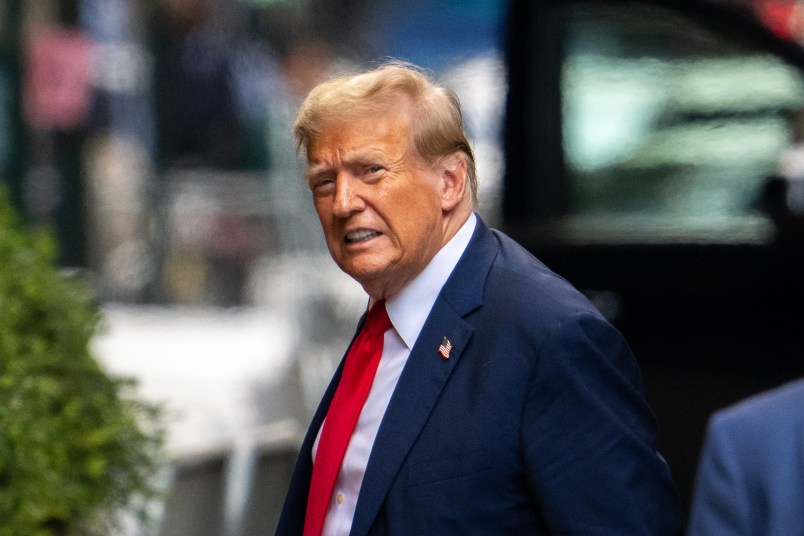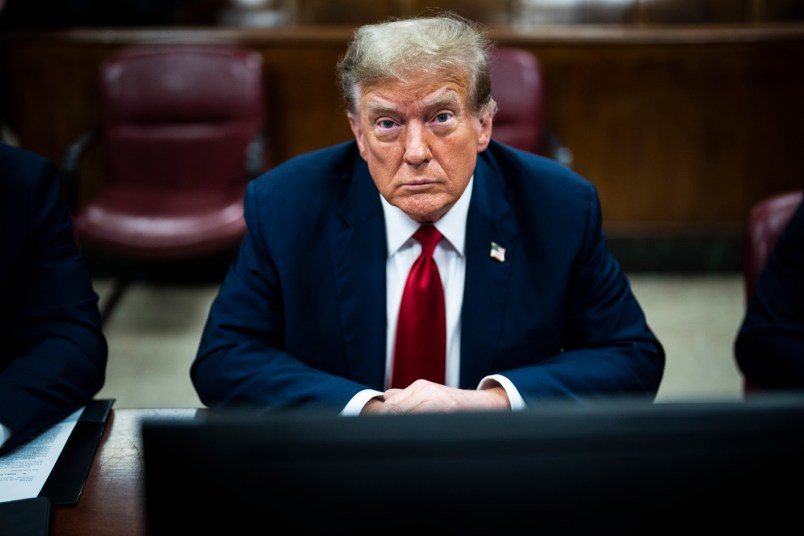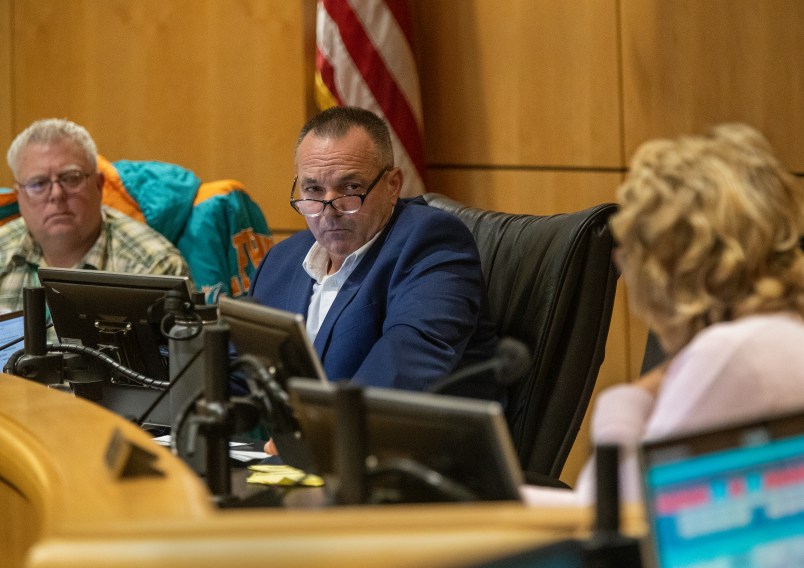Egyptians turned out to the polls in large numbers in the country’s first presidential election since the ouster of former ruler Hosni Mubarak more than a year ago. Reporters on the ground described the voting process as “calm” with voters waiting in long lines across the country to cast ballots. “This is a real great moment for the Egyptians to change,” one voter told the BBC.
Voters are not short on choices with secular, Islamist, leftist and senior figures from the Mubarak regime all on the ballot. The four leading candidates are:
Mohammed Morsi, the standard bearer of the Muslim Brotherhood who has played to his party’s core constituency by arguing that he is best positioned to take Egypt down the path of Sharia Law. Some analysts give the edge to Morsi due to his party’s organizational strength.
Amr Moussa, who served as both Foreign Minister under Mubarak and as the head of the Arab League, has emphasized his international and technocratic credentials. Moussa has been described by some of as “evasive” when discussing the role of the military in Egypt’s future.
Abdel Moneim Aboul Fotouh, a former Muslim Brotherhood activist turned left/Islamic candidate has drawn a coalition of support from both leftists and Salafist activists. He has been a steady critic of the military and presents himself as committed to implementing the ideals of the revolutionary movement that brought down Mubarak.
Ahmed Shafik, who was Mubarak’s Prime Minister during his final days in office has surprised some analysts with the strength of his campaign. Similarly to Moussa, Shafik has played up his governing capacity at a time when many voters are concerned about the practical consequences of Egypt’s political changes.
Some observers have questioned whether or not the ruling military authority will cede real authority regardless of electoral results. The head of the ruling Military Council, Field Marshal Muhammad Hussein Tantawi showed his support for the vote by visiting polling stations and telling Egyptians that their choice in the election will be respected.
The next president will be faced with a struggling economy and a surge in crime across the country over the past fifteen months. Foreign direct investment has declined precipitously and the nation’s vital tourism sector has fallen by a third. Many Egyptians said they were undecided on who they would support, and the race may go into a second round run off vote in June.








